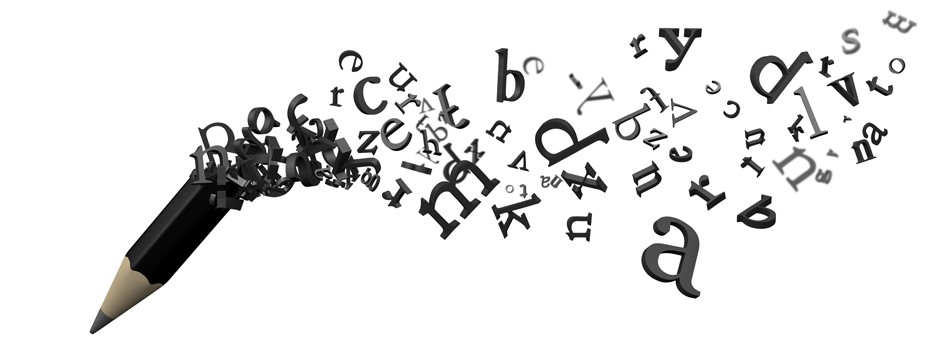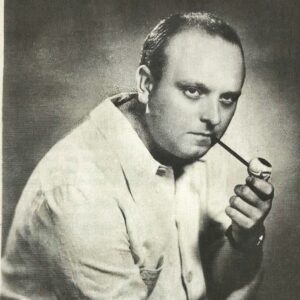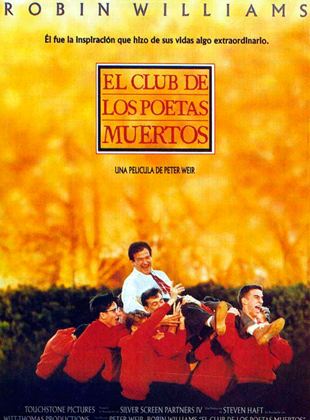Esta entrada también está disponible en: Aragonés Català Español Français English
POETIC WAFFLES
Poetry seems to me to be a bummer. Half of the time I don’t know what it talks about and the other half… neither, really.
Once an expert told me that half of the poems talk about love and the other half about death. I almost fell asleep just thinking about it, is all the poetry ever written reduced to two themes? Can you imagine if all the films ever made were reduced to only two themes? What a bore.
And wouldn’t it be great if poetry dealt with other themes, if it didn’t deal with love and death and talked about something that we all understood, like going out for tapas or doing what we all need to do?
But no, you can’t do that, there are no poems about going to the toilet, are there?
“[…] Piss the fountains... By the light smokes a burning crystalline piss... And I lift my paw ... Well, I'm pissing myself." Rafael Alberti
Poetry about pissing? Really? Now, you tell me that poetry is made with swear words and it blows my mind:
“To hell with conformism; I don't want to be a memory. I want to be your impossible love, your unrequited pain, your sluttiest muse, […]” Elvira Sastre
I’m getting dazed, I’m getting weird words and everything. Wasn’t poetry about rhyming nonsense to conquer your beloved? Is it also possible to talk about urination and say slut? I’m getting more interested in this…
Do we have famous poets in Aragon? At least one. Look for him below.
Description
This World Day has been celebrated since 2000. In this way, Unesco recognises the value of poetry as a form of expression used by humanity since time immemorial, as a catalyst for peace and dialogue and as a sign of linguistic diversity.
Practised throughout history, poetry speaks of shared values. Poetry brings people together, breaks down borders, promotes the visibility of endangered languages and helps us to develop our sensitivity. Thanks to it, we can understand the world in more enriching dimensions, which go beyond the criteria of efficiency and productivism that sometimes stifle us.
Further information

The content and objectives of this proposal can be related to the celebration of Book Day (23 April). They can also easily fit in with Mother Language Day (21 February) and the European Day of Languages (26 September).
In Aragon…
Poetry, like music, is a universal language. That is precisely why, from the local level, it is possible to break down borders and reach the whole world through the word. Inspiration can be found in everyday scenes and experiences, in our immediate surroundings, and be projected to distant places where it can also be interpreted as close.
In Aragon we have had (and continue to have) great poets, wonderful publishing houses specialising in poetry, prestigious competitions and other very diverse initiatives that show great vitality.

Miguel Labordeta explores the intimate, his place in the world, but also conveys his ideas as a citizen of the world. Here we can know much more about this poet, about his generation, about his influences…
Poetry can convey feelings that range from the intimate and personal to the more collective, including political or social vindication, serving as a loudspeaker for the less disadvantaged, drawing the attention of the powerful or the demands of the territory.
The work of José Antonio Labordeta, his verses and songs (which are also poetry) are an example of these multiple approaches and readings. It is also possible to expand on this information here.
A detail
The booksmovie is a website conceived from Aragon, as a free virtual platform, containing recordings of contemporary poetic literature, recited by its authors. Spanish predominates, but our other languages (Aragonese and Catalan) and another long twenty or so languages from all over the world are also present.
A reflection
World Poetry Day is an opportunity to honor poets, to revive oral traditions, to promote reading, writing and conversation. The teaching of poetry goes hand in hand with other arts, like theater, music, dance, painting … Poetry is a word, and in the word is our being. Creativity makes us freer and discovers new worlds and different ways of understanding ourselves.
Suggestions for teachers

Poetry is an important support in our formation as people: it is a school of citizenship. It is in any musical manifestation that can fit in with the preferences of adolescents and young people: in pop and rock, in rap and other urban music…, it is revealed in the social networks they use most, something direct, of immediate reach and consumption, brief. It is also a tool for socialising and socialising and for helping integration.
In this sense, it can be approached from multiple angles and encourage cooperative activities in the classroom.
Following a somewhat more hackneyed but interesting path, by introducing the impact of poetry in the world of education and relating it to values such as freedom of thought and creativity, the film The Dead Poets’ Club (Peter Weir, 1989) can be watched in a group and a discussion held at the end of the film.
There are many poetry blogs that can be worked on in class (for example, those suggested on the website Educación 3.0), taking more general references such as the Secondary Reading Plan of the Loqueleo (WhatIread) platform, or taking poetry to activities such as publications, recitals, competitions… It is possible that the school is part of this interesting collective project, Take-away Poetry (Poesía para llevar), which many schools in Aragon have joined.
There are many poetry blogs that can be worked on in class (for example, those suggested on the website Education 3.0), taking more general references such as the Secondary Reading Plan of the Loqueleo platform, or taking poetry to activities such as publications, recitals, competitions… It is possible that the school is part of this interesting collective project, Take-away Poetry (Poesía para llevar), which many schools in Aragon have joined.
Cross-curricular elements
Without prejudice to their specific treatment in some of the subjects of the stage, reading comprehension, oral and written expression, audiovisual communication, Information and Communication Technologies, entrepreneurship and civic and constitutional education will be worked on in all knowledge subjects.
Methodological principle: The promotion of creativity and critical thinking through open-ended tasks and activities that challenge students in all subjects.
Objectives that this proposal helps to achieve
ESO:
- To understand and express, orally and in writing, in the Spanish language and, where appropriate, in Aragonese or in Aragonese Catalan, complex texts and messages, and to iniciate in the knowledge, reading and study of the literature.
- To know, value and respect the basic aspects of their own and others’ culture and history, as well as artistic and cultural heritage.
Baccalaureate:
- To consolidate the habits of reading, study and discipline, as necessary conditions for the effective use of learning, and as a means of personal development.
- To master, both orally and in writing, the Spanish language and, where appropriate, Aragonese or Aragonese Catalan.
- To develop artistic and literary sensitivity, as well as aesthetic criteria, as sources of training and cultural enrichment.
Subjects with which it can be linked
- Spanish Language and Literature / Languages of Aragon (ESO, 1st and 2nd cycles)
- Spanish Language and Literature / Languages of Aragon / Others depending on the modality (Baccalaureate).
Development of competences
- Competence in linguistic communication.
- Cultural awareness and expressions
